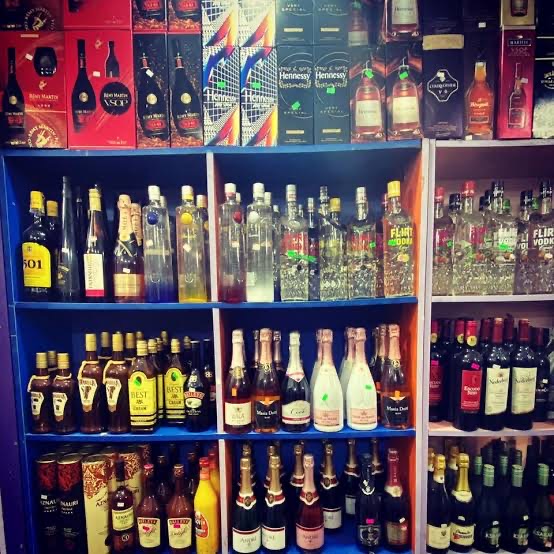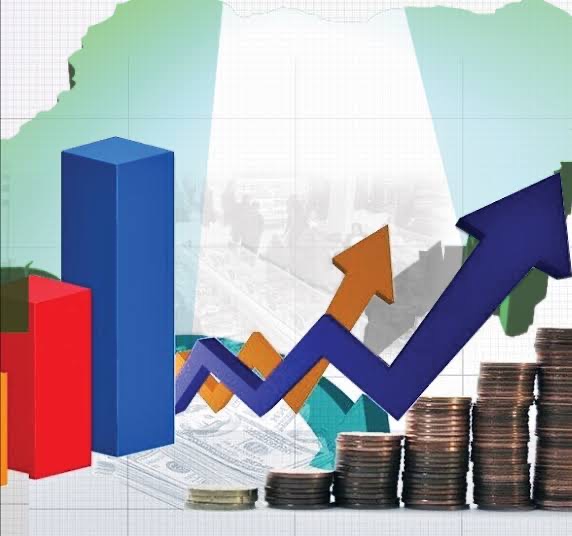According to Journalists’ review of a new report by a London-based market research firm, wine consumption in Nigeria has fallen to its lowest level in five years due to rising inflation and the devaluation of the naira.
In recent years, many Nigerians have opted for more affordable wine, unlike champagne, which has skyrocketed in price since 2016.
As reported by Euromonitor International, total sales of wine in the regular market are expected to fall 9% to 31.5 million liters in 2023 from 34.7 million liters last year. However, it is expected to increase to 32.4 million in 2024.
“As in most alcoholic drinks categories, wine was heavily impacted by poor economic conditions in 2023. Lower consumer spending arising from the impact of high fuel prices and the depreciation of the local currency led to declining volume sales,” the report said.
As most wine brands are imported, the devaluation of the local currency had a significant impact on wine prices, leading to a sharp increase in average unit prices.
“Red wine is the largest product in alcoholic wine, with sales impacted by rising prices and inflationary conditions. It is generally cheaper than white wine varieties, with many consumers introduced to wine through the cheap Don Simon and Baron Romero red wine brands.”

Attractive characteristics of Africa’s fourth-largest economy, including demographics, growing health consciousness, and positive social trends, support the growth of wine exports to the country.
Nigeria imports wine from Spain, Italy, Brazil, and South Africa. Nigeria does not produce wine locally because it lacks suitable weather conditions and good soil for wine growing.
The authors of the Euromonitor report said, “Wine is a relatively niche category in Nigeria that is growing from a low base, due to the growing desire for novel types of alcoholic drinks among Nigerians and an increase in the female drinking population.”
Wine is typically drunk at social events such as parties and clubs. But the price of wine, which previously cost between 2,000 and 5,000 naira, has more than doubled.
Victor Ikem, a Lagos-based wine trader, said most imported wine is bought with foreign currency and has become expensive because of the dollar crisis.

“From around N500 to one dollar in mid-year 2023, the exchange rate went up as high as N1,000 to the dollar by end of the year and is currently exchanging for over N1,500 in July 2024,” he added.
According to Ikem, this has severely affected the purchasing power of consumers for most products, including wine and spirits, and has caused the cost of imported goods to rise sharply. “This has also limited the ability of importers to ship in large quantities, leading to shortages of some well-known brands.”
Following the liberalization of the foreign exchange regime last year, the naira fell from 463.4/$ to 1,586/$ on August 22, 2024. In the parallel market, the naira fell to 1,610/$.
As a result of the foreign exchange reform, exchange rates for cargo handling at the country’s ports were adjusted four times between June and December last year. The rate rose to 952 naira to the dollar from 422.30 naira. As a result, importers have had to pay more import duties to clear their goods.
The country’s champagne imports fell 53.2% to 302,141 bottles last year from 646,036 bottles in 2022, according to data from the Comité Champagne, an industry group that tracks the volume and value of exports from France.
“The decline in the value of the naira affected the purchasing power of consumers, making them buy less luxury products like champagne,” said Babatunde Odumeru, managing director of Brand Finance Nigeria.
Inflation in Africa’s most populous country rose to a record high last year, mainly due to federal reforms such as the removal of gasoline subsidies and the devaluation of the naira. According to the National Bureau of Statistics, the country’s inflation rate rose to 33.40 percent in July from 34.19 percent the previous month.
“Wine production has dropped in Nigeria because energy prices have been going up, hence the cost of generating energy used to run the machinery for producing wine has increased, especially diesel,” said Uchenna Uzo, a marketing professor at Lagos Business School.
“The cost of raw materials has not dropped because of the high inflation rate. When people saw it was cheaper to import than produce, they moved to importation, especially from neighboring African countries,” he said.
He said wine consumption remains high, so production will increase due to a large consumer base and export potential. “There is talent required for wine production and there are a lot of wine variants that we can’t produce on this side of the world which limit the options we have for wine production,” Uzo concluded.

































